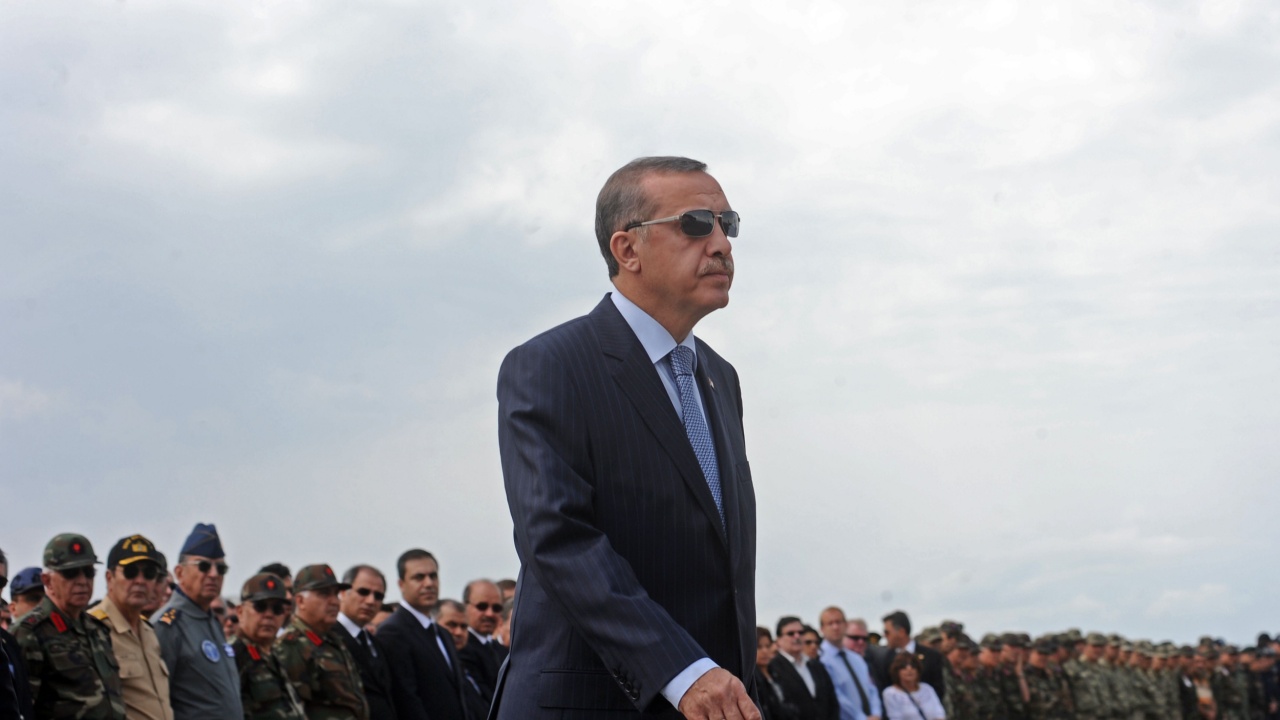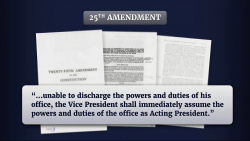
Erdogan and Shara’s “Sunnification” Project
The recent sectarian violence shows that the Syrian government and its Turkish backers share a dangerous vision of a Sunni-dominant state.
Since the fall of Bashar al-Assad’s regime in December 2024, Turkey has pursued a singular objective: the “Sunnification” of Syria. Behind his rhetoric, President Recep Tayyip Erdogan has shown little interest in fostering a stable, inclusive Syria that values all of its diverse communities. Instead, the interim government in Damascus, led by former jihadist Ahmed al-Shara, reflects Erdogan’s vision of a future Syria rooted in a narrow, exclusionary interpretation of Sunni Islam.
This vision’s logical conclusion can be seen in the atrocities against Syria’s Druze minority in Suwayda. Sunni militias have escalated attacks against Druze militias and civilians, images of which have flooded mainstream media—men beaten in the streets, homes invaded, and individuals humiliated by being forcibly shaved to conform to Sunni norms. Druze militants have conducted violent reprisals of their own. The logic behind this brutality is chillingly simple: the perpetrators see their actions as a form of jihad. This conquest entitles them to seize property, land, and, if possible, the souls of those they deem non-believers.
This violent ideology does not solely target the Druze. Jihadist elements embedded within Syria’s new bureaucracy, military, and security services harbor similar intentions toward Kurds, Alawites, and Christians. In response to the attacks in Suwayda, the Shara government dispatched its so-called security forces to “restore order.”
Yet these forces are not impartial arbiters of peace. They are militias staffed by jihadists, whose loyalty lies not with the Syrian people but with their sectarian cause.
This is not the first time Shara’s government has failed to protect minority populations. In February and April 2025, his security forces carried out mass killings of Alawite civilians, leaving hundreds dead. Analysts have repeatedly warned against trusting al-Shara, whose government neither controls the entirety of Syria nor reins in the jihadist factions that masquerade as official state forces. These groups are driven by an ideological commitment to purge minorities, not govern inclusively.
The ongoing violence in Suwayda also explains why Syria’s Kurds refuse to integrate into Shara’s state project. They have no faith in his ability—or willingness—to build a Syria that respects diversity. In March 2025, Mazloum Abdi, commander of the Syrian Democratic Forces (SDF), which partnered with the United States to defeat ISIS, signed a controversial agreement to merge with the new Syrian military.
Yet by July, US Ambassador to Turkey and Special Envoy to Syria Tom Barrack publicly scolded the SDF for hesitating to fully integrate, remarking: “So there’s a big sentiment that because they were our partners [against ISIS], we owe them. The question is, what do we owe them? We don’t owe them the ability to have their own independent government within a government.” Barrack’s tactless statement underscored Washington’s decision to back Shara’s regime.
For the SDF, full integration would be nothing short of existentially threatening. It would mean surrendering their weapons, abandoning Kurdish self-rule in northeastern Syria, and leaving their people vulnerable to the same jihadist violence that now terrorizes the Druze in Suwayda. Their skepticism was vindicated almost immediately: shortly after Abdi’s agreement, Shara unveiled a draft constitution proclaiming Syria as an “Arab” republic, signaling his refusal to recognize Kurdish identity or autonomy.
The brief pause in attacks against the Druze only came after Israel launched airstrikes on Syria’s Ministry of Defense in Damascus. Shara and Erdogan were quick to condemn the strikes, with Erdogan branding Israel a “lawless, unruly, unprincipled, spoiled, pampered and greedy terrorist state.”
Turkey’s Defense Ministry followed with thinly veiled threats, declaring, “In the event Syrian authorities make the request, we will do what is necessary to assist them.” The question now is whether Israel, having demonstrated its willingness to act, will continue to shield the Druze from massacre—and if so, how Turkey might respond. Ankara has already warned the SDF not to “exploit the unrest in Syria,” recognizing the Kurds’ alignment with Israel’s stance.
The façade of unity that Shara claims to uphold is crumbling. This was predictable from the outset. Expecting former jihadists to abandon their ideology of conquest and conversion was naïve. Even more reckless was the US decision to lift sanctions on the regime, remove Hayat Tahrir al-Sham from its terrorism list, and present Shara’s Syria as a success story. The fall of Assad at the hands of jihadist militias—many with ties to Al Qaeda and ISIS—was never going to herald a brighter future for Syria’s war-weary people.
What Syria needed, and still needs, is an internationally supported transitional authority committed to building a pluralistic and stable state. The United States and Europe must urgently re-engage with international organizations and regional partners to construct a genuine framework for governance in Damascus—one that protects all of Syria’s communities, rather than sacrificing them on the altar of expedience.
About the Author: Sinan Ciddi
Sinan Ciddi is a Senior Fellow on Turkey at the Foundation for Defense of Democracies (FDD) in Washington, DC.
Image: ymphotos / Shutterstock.com.
The post Erdogan and Shara’s “Sunnification” Project appeared first on The National Interest.

















